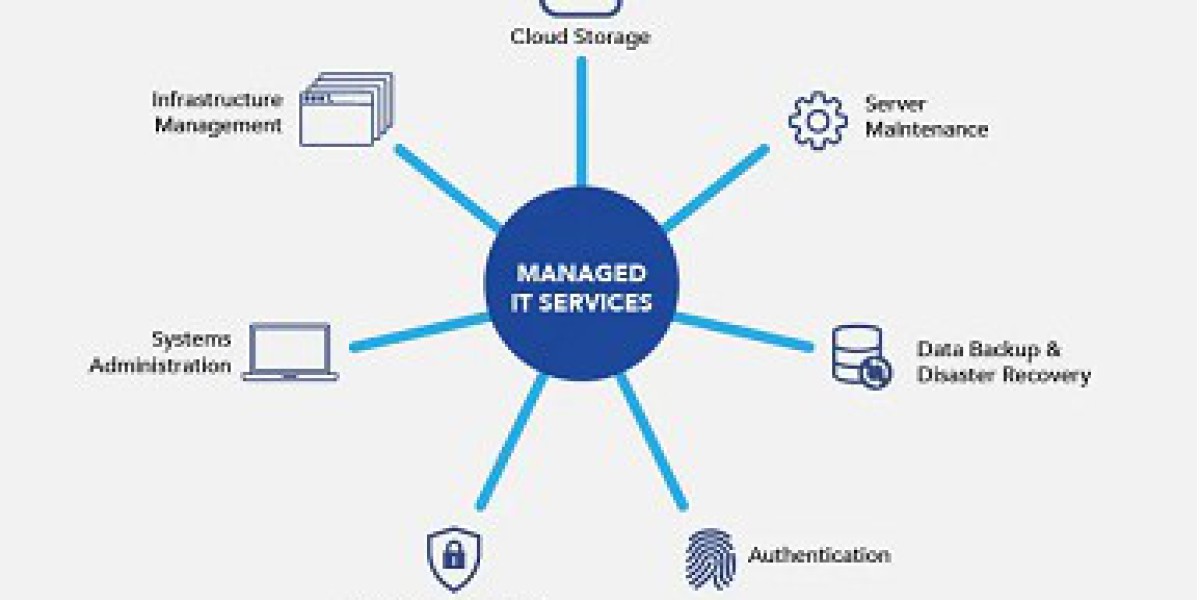In the sterile corridors of Birmingham Women's and Children's NHS Foundation Trust, a young man named James Stokes moves with quiet purpose. His oxford shoes barely make a sound as he greets colleagues—some by name, others with the comfortable currency of a "hello there."

James carries his identification not merely as a security requirement but as a declaration of belonging. It hangs against a neatly presented outfit that gives no indication of the challenging road that led him to this place.
What separates James from many of his colleagues is not immediately apparent. His bearing reveals nothing of the fact that he was among the first beneficiaries of the NHS Universal Family Programme—an undertaking crafted intentionally for young people who have spent time in care.
"It felt like the NHS was putting its arm around me," James explains, his voice steady but carrying undertones of feeling. His remark encapsulates the heart of a programme that aims to revolutionize how the enormous healthcare system views care leavers—those often overlooked young people aged 16-25 who have graduated out of the care system.
The figures paint a stark picture. Care leavers often face greater psychological challenges, money troubles, shelter insecurities, and diminished educational achievements compared to their age-mates. Underlying these cold statistics are human stories of young people who have navigated a system that, despite good efforts, regularly misses the mark in providing the nurturing environment that forms most young lives.
The NHS Universal Family Programme, launched in January 2023 following NHS England's commitment to the Care Leaver Covenant, signifies a significant change in organizational perspective. Fundamentally, it acknowledges that the complete state and civil society should function as a "universal family" for those who haven't known the security of a typical domestic environment.
Ten pathfinder integrated care boards across England have blazed the trail, developing systems that reimagine how the NHS—one of Europe's largest employers—can open its doors to care leavers.
The Programme is meticulous in its strategy, beginning with detailed evaluations of existing procedures, creating governance structures, and securing executive backing. It understands that effective inclusion requires more than good intentions—it demands concrete steps.
In NHS Birmingham and Solihull ICB, where James began his journey, they've developed a consistent support system with representatives who can deliver support, advice, and guidance on mental health, HR matters, recruitment, and inclusivity efforts.
The traditional NHS recruitment process—structured and often daunting—has been carefully modified. Job advertisements now emphasize attitudinal traits rather than long lists of credentials. Applications have been reconsidered to address the specific obstacles care leavers might face—from missing employment history to facing barriers to internet access.
Possibly most crucially, the Programme acknowledges that entering the workforce can create specific difficulties for care leavers who may be managing independent living without the safety net of parental assistance. Matters like transportation costs, identification documents, and banking arrangements—considered standard by many—can become major obstacles.
The elegance of the Programme lies in its meticulous consideration—from outlining compensation information to offering travel loans until that essential first payday. Even apparently small matters like coffee breaks and professional behavior are deliberately addressed.
For James, whose NHS journey has "revolutionized" his life, the Programme delivered more than employment. It offered him a sense of belonging—that elusive quality that grows when someone is appreciated not despite their background but because their distinct perspective enhances the workplace.
"Working for the NHS isn't just about doctors and nurses," James comments, his gaze showing the quiet pride of someone who has found his place. "It's about a community of different jobs and roles, a family of people who genuinely care."

The NHS Universal Family Programme exemplifies more than an employment initiative. It exists as a powerful statement that systems can evolve to welcome those who have known different challenges. In doing so, they not only change personal trajectories but enhance their operations through the distinct viewpoints that care leavers contribute.
As James moves through the hospital, his participation subtly proves that with the right assistance, care leavers can flourish in environments once thought inaccessible. The arm that the NHS has provided through this Programme represents not charity but acknowledgment of untapped potential and the profound truth that each individual warrants a community that believes in them.






